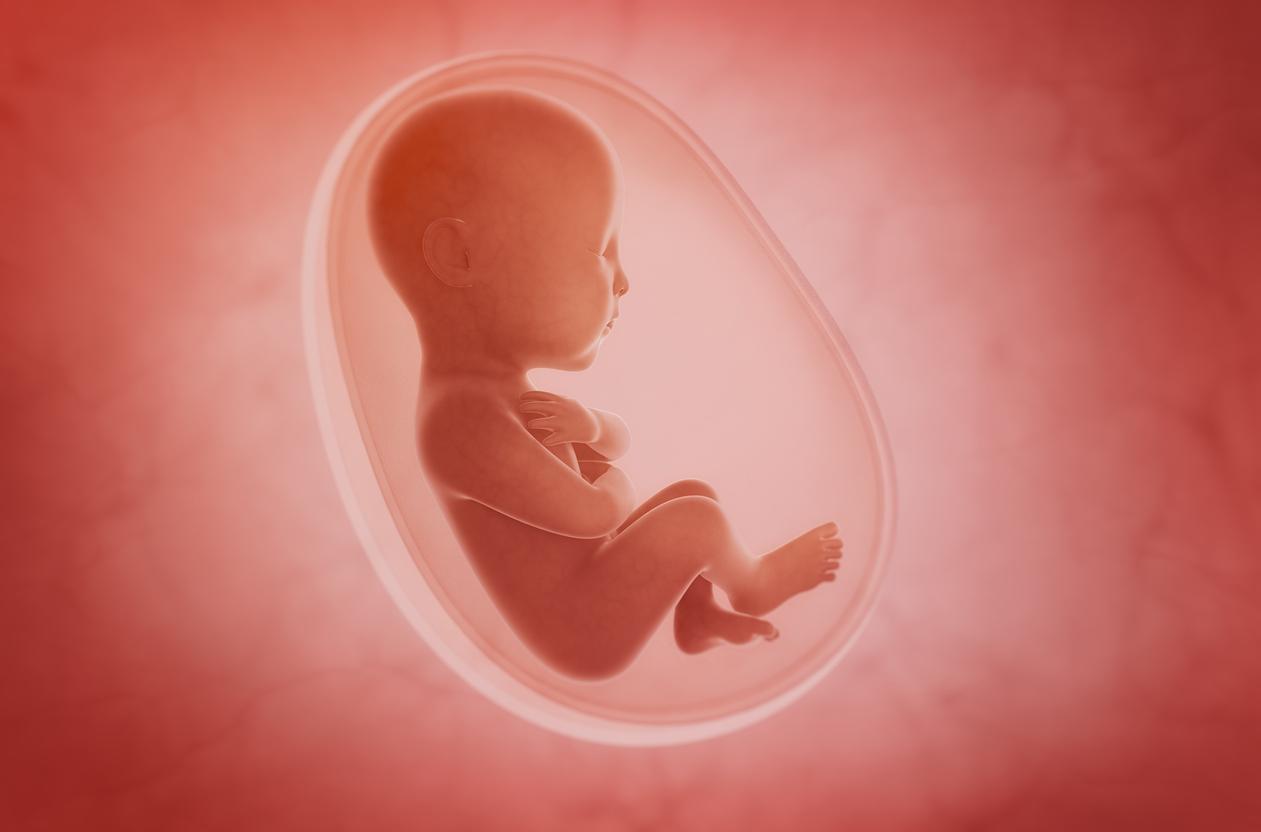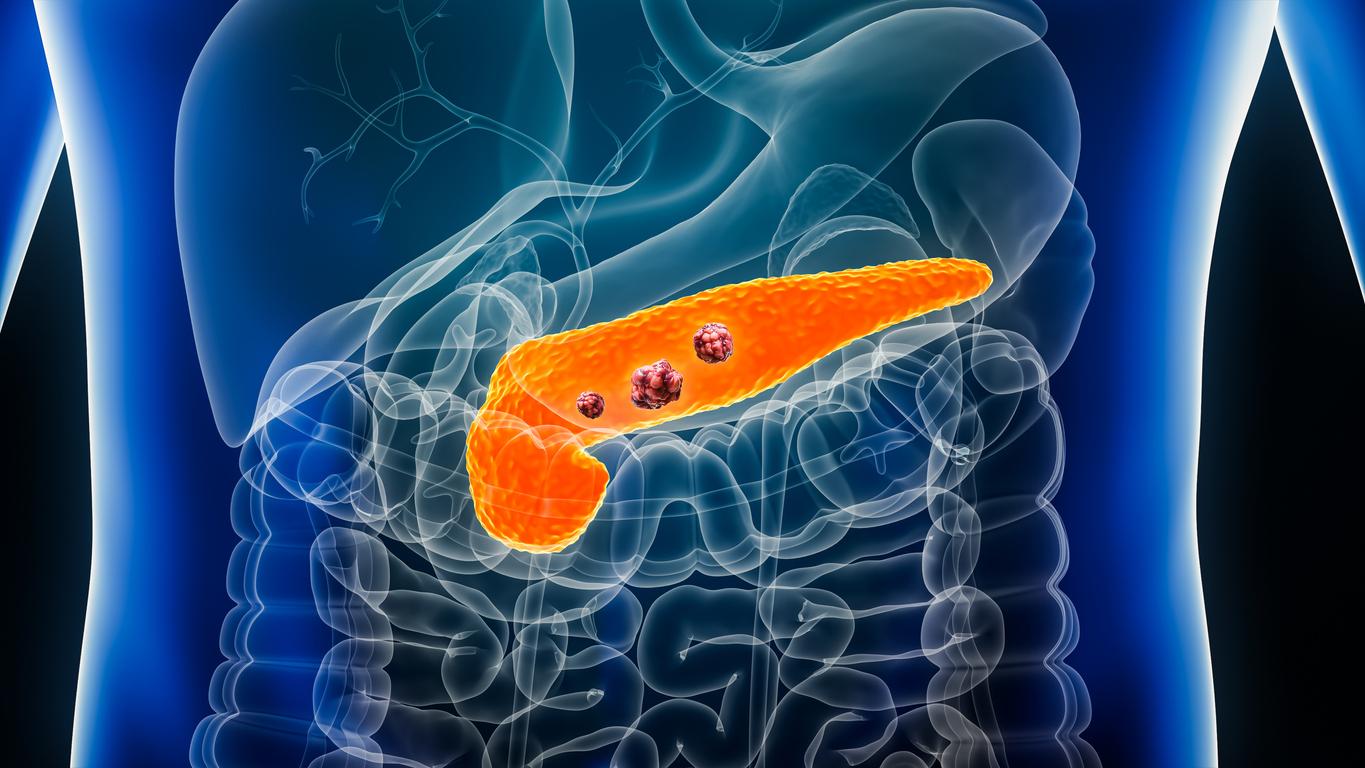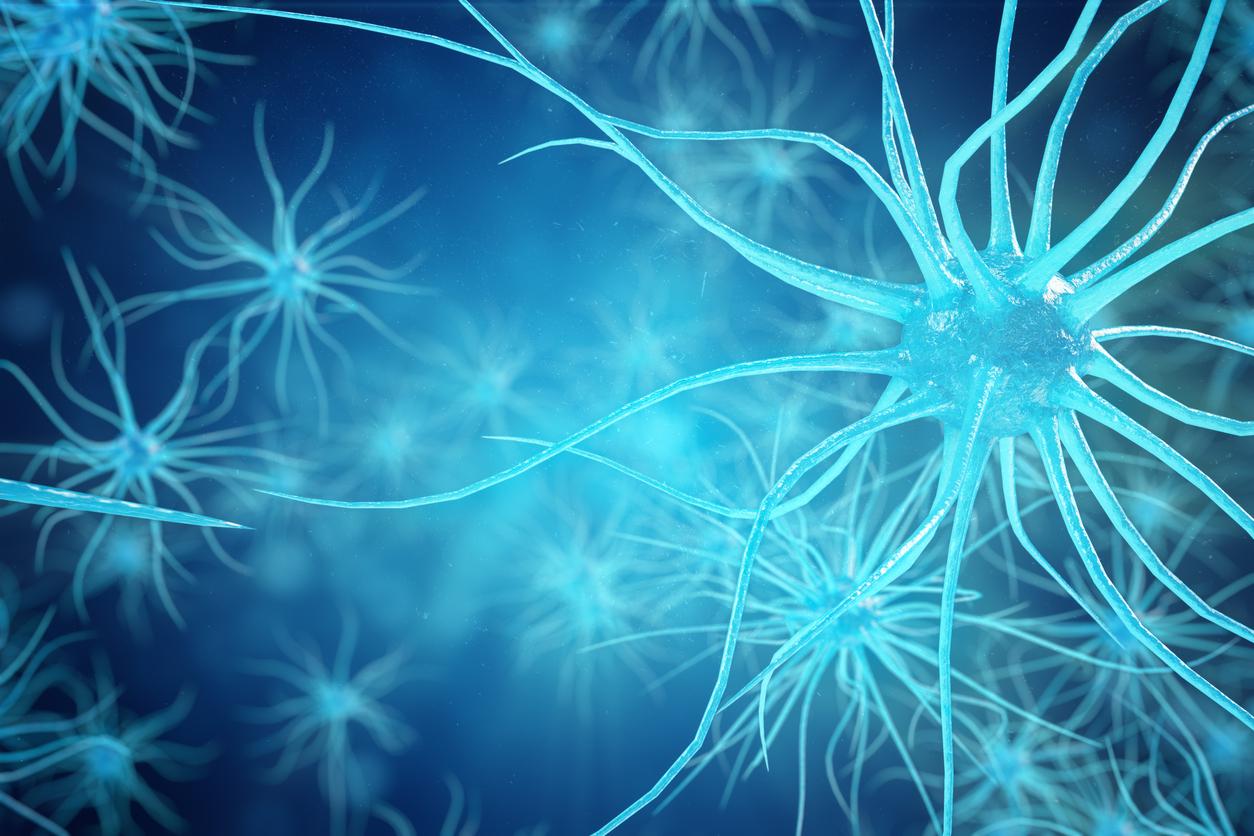A study in mice reveals that protein deficiencies in ancestors can affect the health of their descendants over several generations, including reducing birth weight and the number of nephrons.

- A study reveals that protein deficiencies in ancestors can affect the health of their descendants over several generations. In mice, these deficits led to reduced birth weights and low nephron numbers.
- Abnormalities which increase the risks of hypertension and renal failure. Even when corrected, feeding offspring did not reverse these effects. Researchers point to a key epigenetic role of both parents.
- These findings shed light on the causes of chronic kidney disease and highlight the importance of a balanced diet for future generations.
The adage “We are what we eat” takes a new turn with a new study from Tulane University, in the United States. Published in the journal Heliyonthis research shows that dietary deficiencies of ancestors can affect the health of their descendants over several generations.
According to the researchers, a low-protein diet in breeding mice led to notable consequences, including reduced birth weight and smaller kidneys in offspring across four generations. These abnormalities, linked to a low number of nephrons (the filtering units of the kidneys), are risk factors for chronic diseases such as hypertension and kidney failure.
An impossible dietary correction?
The most surprising thing is that correcting the diet in the offspring did not reverse these abnormalities. “Even with proper nutrition, grandchildren, great-grandchildren and great-great-grandchildren continue to be born with lower than normal weights and low nephron counts”explains Professor Giovane Tortelote, lead author of the study, in a press release. He compares this phenomenon to “an avalanche” : once triggered, it continues to surge even if the initial conditions change.
This study highlights a fascinating mechanism in epigenetics, a discipline that explores how environmental factors influence gene expression without changing DNA. Researchers have discovered that these transgenerational effects depend not only on the mother’s diet, but also on the father’s. “The role of the mother is essential, but it seems that certain epigenetic elements of the father also influence renal development”specifies the specialist.
Towards a better understanding of chronic diseases
These findings provide new insights into the causes of chronic kidney disease, the eighth leading cause of death in the United States. “If you are born with fewer nephrons, you are more prone to hypertension, and the more hypertension you have, the more damage you do to your kidneys: it’s a vicious cycle”alerts Giovane Tortelote. The consequences could extend over 50 to 60 years if these initial results on animal models are confirmed in humans.


















